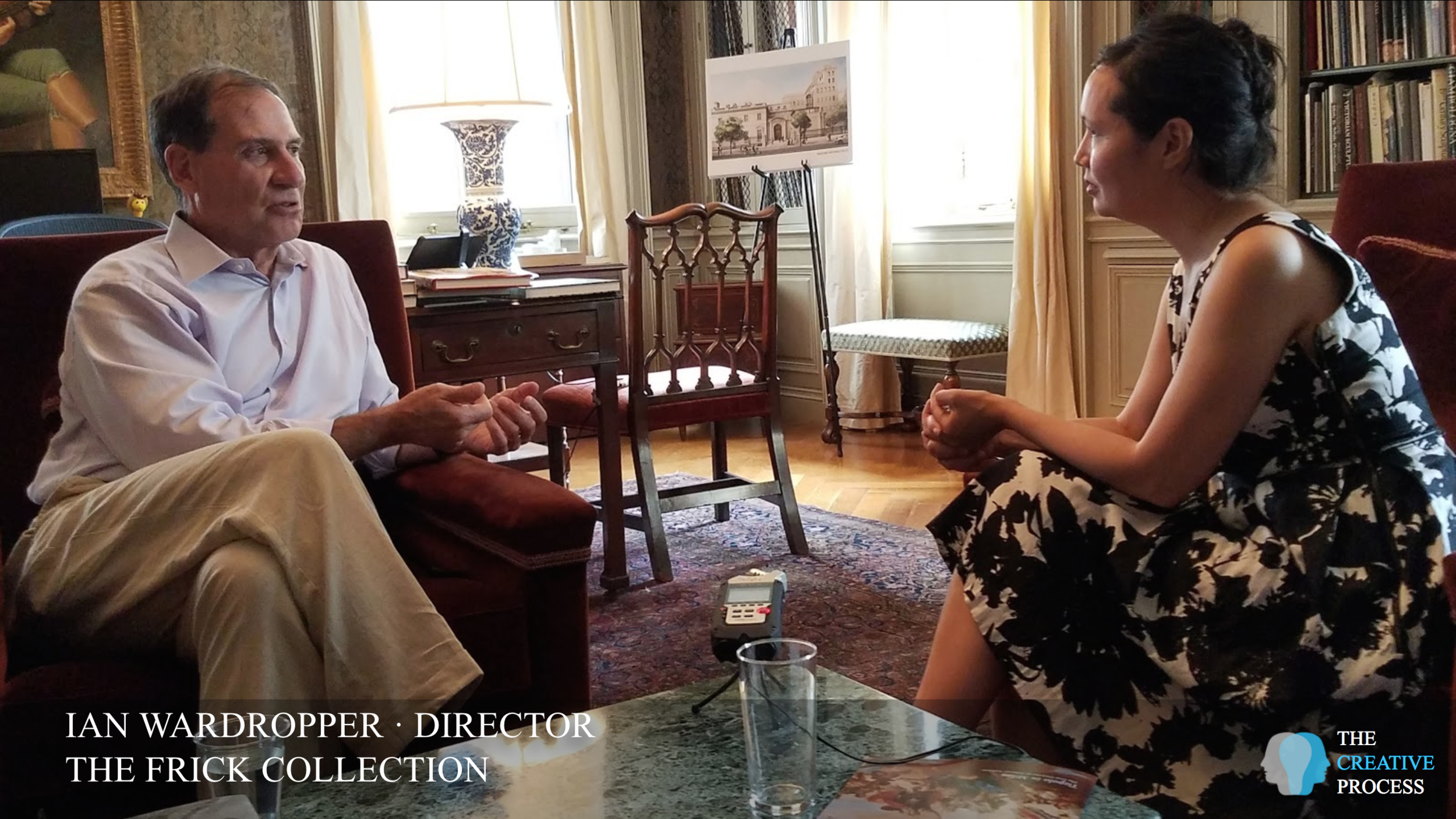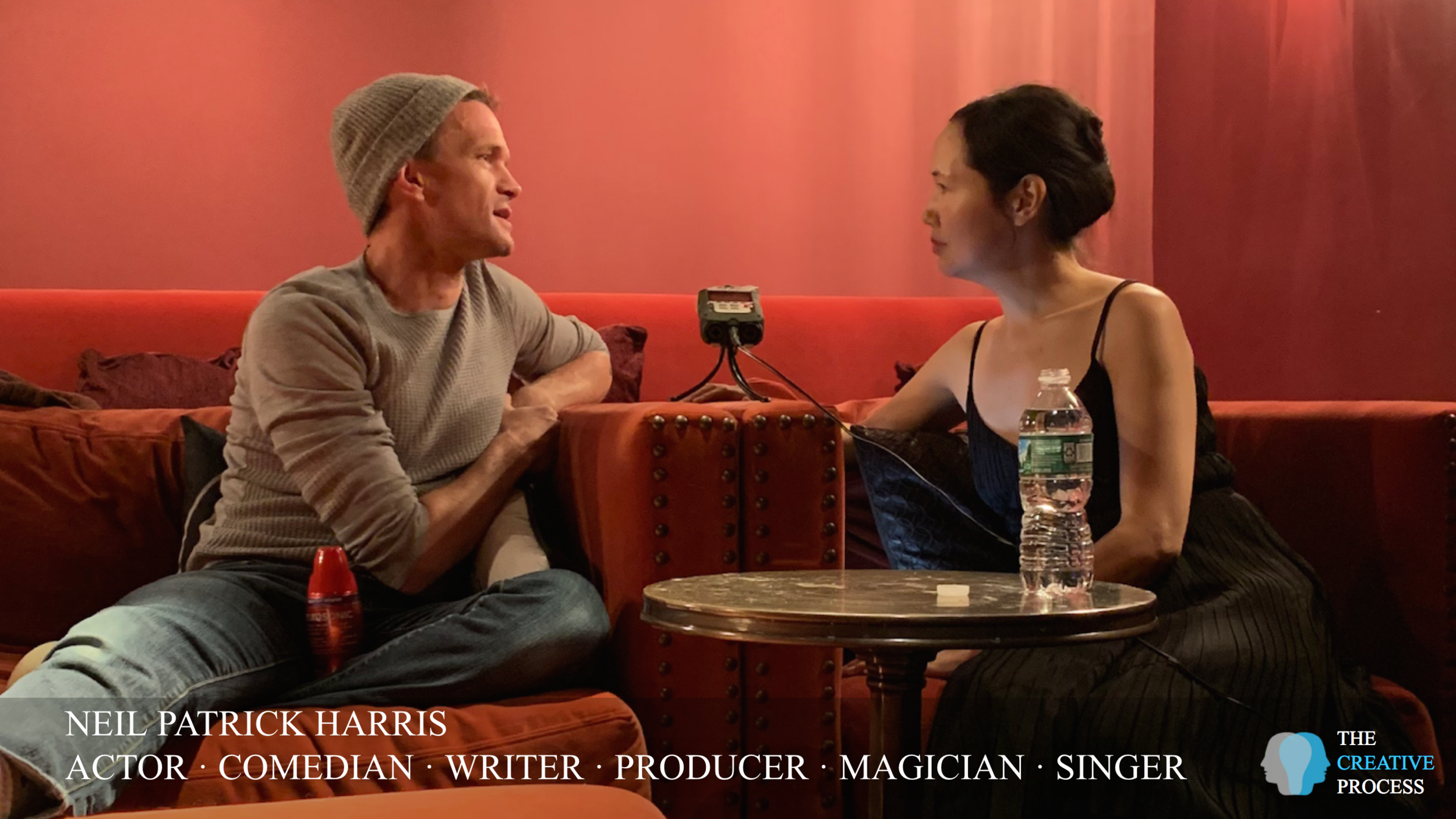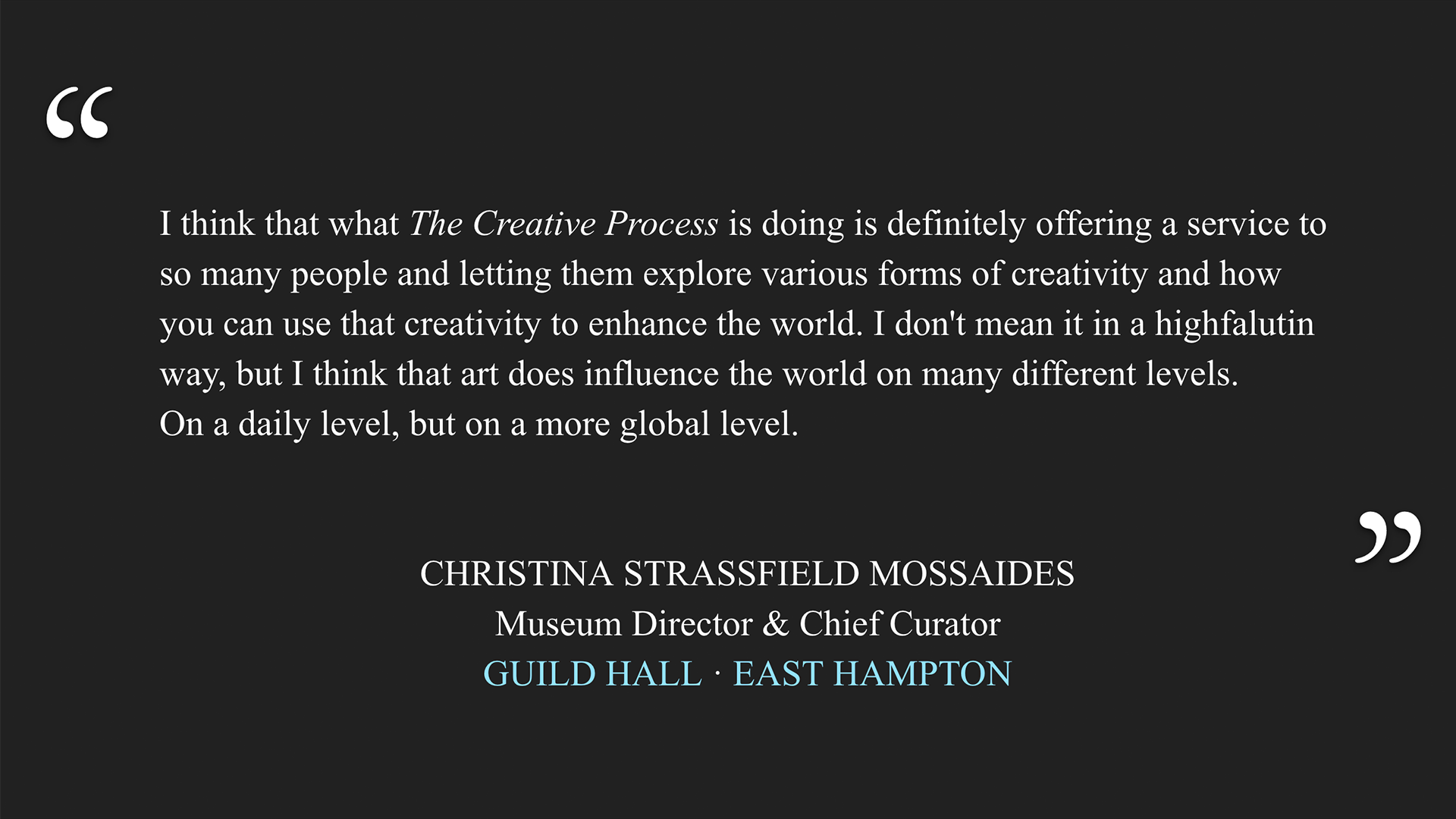James Kelman was born in Glasgow, Scotland. His story collections include Greyhound for Breakfast, The Good Times and most recently If it is your life; his novel How Late It Was, How Late won the 1994 Booker Prize; other novels include Translated Accounts, You Have to be Careful in the Land of the Free and Kieron Smith, boy. In 2009 James Kelman was shortlisted for the Man Booker International Prize. In 2012 James won the Saltire Book of the Year award for Mo Said She was Quirky. His most recent novel, Dirt Road was published in 2017 by Canongate Books.
JAMES KELMAN
Art was important to me as a youth: I looked at paintings, listened to music and I read a lot. I assumed I would become an artist of some sort, and thought perhaps I would be a painter. Ours was a fairly ordinary working-class home in the 1950s when I was growing up, except we were used to seeing paintings and pictures in states of disrepair. My father was a picture-framer, gilder, and picture-restorer. He followed his own father into the trade and took over the “family business,” which amounted to a workshop. His three elder brothers also entered the trade but either left the trade or left Glasgow. There was not enough work. In 1942 my father volunteered as a soldier during the 1939-45 World War. He was nineteen years of age. He and his girlfriend married immediately and a year later arrived his first son. I was next, born in 1946. My father re-entered the picture-framing, gilding and restoration trade and remained in it.
The types of stories I was doing in the early years, the elements that made them exciting, were the actual characters. Any richness was to do with that; an old guy talking for instance. If you take away the old guy talking there’s nothing there. In fact, there is no story. You have to find a way to get the old guy talking. You can’t do that in an ordinary third-party way. You’ve got to write the story in another way. You cannot describe what the character is doing, the way he is talking. No, you have to have him talking, speaking for himself. You must find your way in at the heart of it, and be at the heart of it. These things were clear and obvious to me early on. I read these very English kind of middle of the road adventure stories in my early to mid-teens, where an upper-middle class ‘I’ voice narrator is traveling on a train in a foreign land, and he meets strange local people who narrate strange local stories. The difference in mine was fundamental. I wanted to write it where the ‘I’ voice first-person character was a strange local person involved in a strange local story right there and then - vaguely related to Nicolai Gogol, I thought, or James Hogg, a form of indigenous self-defense.
Fortunately, my work was attacked at an early age. This has at least one positive outcome. When you’re attacked consistently, it forces you to look at the issues. You become more critical. You start to realize that certain things are triggers. People are so offended they go on the attack. You come to learn it’s not individual words such as ‘fuck’ that offends people. Something else is going on - especially when there are no ‘fucks’ in the story, and they’re still offended! How come? What are these triggers? Eventually, one stops examining the art and begins to focus on those who launch the attack. Why are they so offended? Are they really offended, or just pretending? What kind of people are they? One thing we come to recognize about most every culture in the world, artists who fail to assimilate to the power-base are punished, in one way or another.
Excerpted from “Art & Process: the Early Years.” Courtesy of the author.
Mia Funk is an artist, interviewer and founder of The Creative Process.





























































































